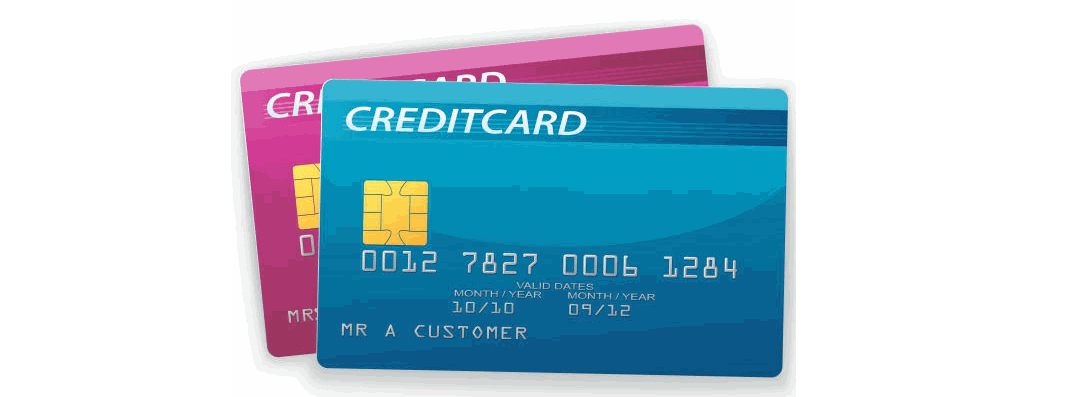Last week a friend shared with me that their credit card company called about 2 strange charges for jewelry from China. Based on a conversation with the credit company, he initiated a fraud action which meant that the credit card issued him a new credit card.
My friend was frustrated because like many of us he uses his credit card for auto pays like utilities. He had to contact each of these business to change his credit card information.
These types of frustration have now become part of living in the digital age. Here are some tips from Trace Mayer for keep your credit card safe.
- Monitor your credit card statements and bank statements at least once a month. Look carefully over the statement to see if there are any unauthorized purchases. Keep in mind that thieves will sometimes start off making small purchases here and there in order to test the card number out.
- Verify sources before providing anybody with personal details. Phishing has taken a life of its own. It’s everywhere: Facebook, online games, email, phone calls, etc. If anybody contacts you for any reason and claims that they are with a well-known company, don’t trust them.
- Do whatever you can to protect that social security number! Keep it in safe place in your home. If you do have to give it out at a hospital or on a job application, make sure that the people in charge of the information will keep it in a safe place.
- Cancel credit cards and debit cards that you don’t use. It might lower your credit score by a few points to do this, but you will recover from the hit in no time.
- Always choose strong passwords. Password protect all of your accounts with a combination of numbers and letters. Try to keep the numbers and letters as random as possible. When you are asked for a security question, don’t choose something that would be easy for others to figure out.
- Protect all of your computers and mobile devices with passwords. Once again, you need to use strong passwords that NOBODY will be able to figure out. If you can afford to do so, buy a laptop with fingerprint software or face recognition technology. Set all of your devices to turn off automatically after an hour or so of non-use.
- Consider investing in identity theft coverage. Joining a theft coverage program just might protect you from a lot of frustration and financial loss in the long run. These services monitor any changes to your credit files. Think of how great it would be to have all of your financial accounts monitored 24/7!
- Keep a watchful eye on your mail. If you get your mail delivered to your house or apartment, make sure you get it in a timely manner. Don’t wait all day to go outside to pick it up. Don’t just leave it lying somewhere such as your office desk or in your unlocked car. When you’re through with it, put it through a paper shredder..
- Do everything you can to protect your wallet and/or purse. Only carry around what you will need for the day. If you only plan on using one card, take it, and maybe a backup card, with you. Leave the others at home. Safeguard all of your items when you go out. Check your wallet every few minutes to make sure it’s safe in your pocket. If you carry a purse, make sure it’s zipped up securely and that nothing ever falls out.
- Photocopy all of your debit cards and credit cards. That way, if you do lose any of them, you will have a copy of the numbers. It will be easy for you to report the card as lost or stolen. Don’t forget to photocopy the backs of the cards, either. Keep these privacy tips in mind and you will protect your identity and financial information.
Conclusion
Keep these privacy tips in mind and you will protect your identity and financial information.



